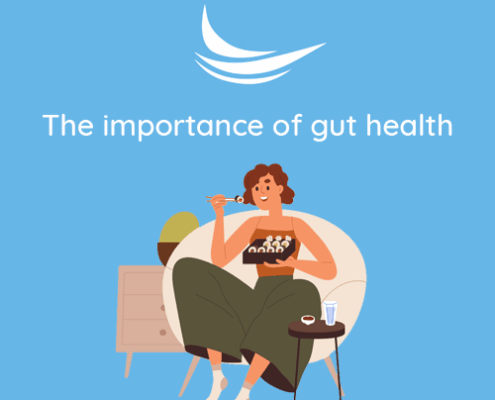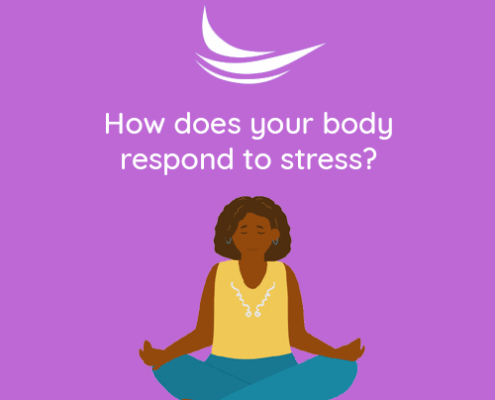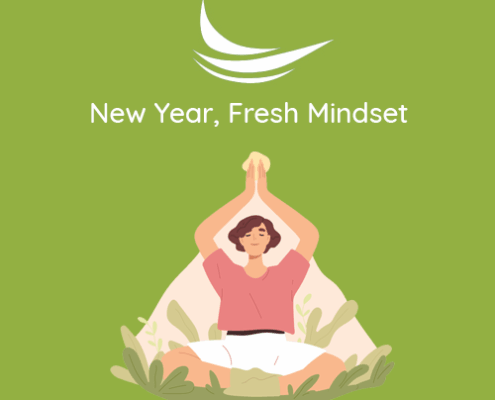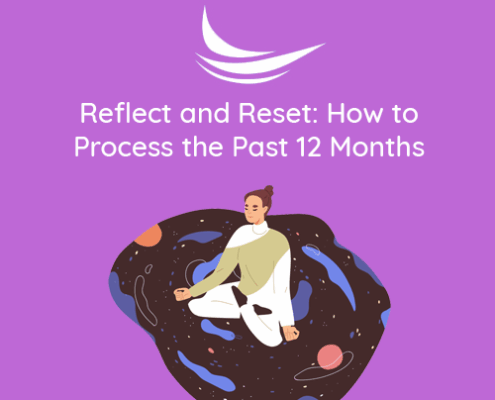What to Expect From Your First Few Sessions
Thank you allowing CARE to be apart of your journey. We recognize the decision to go to therapy can be very difficult and our team wants to support you as much as we can.
Below is a client friendly explanation of the first several sessions for therapy. We hope this will be helpful in setting appropriate expectations. If you have any additional questions please email us at info@care-clinics.com or call us at 612-223-8898, option 1 to speak to a real Minnesotan.










